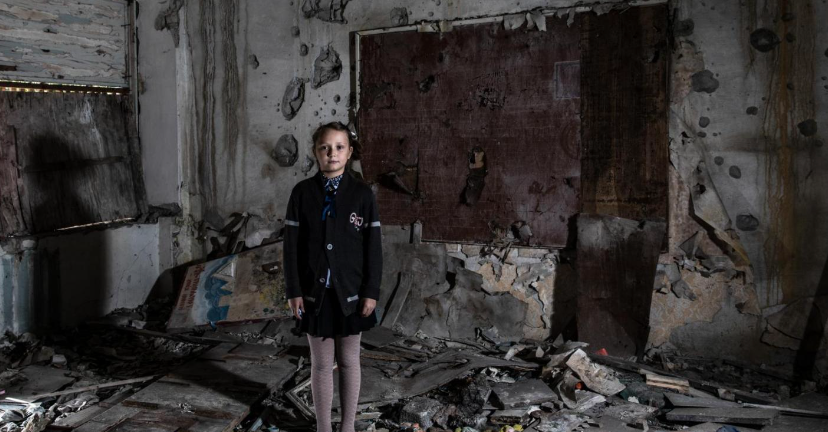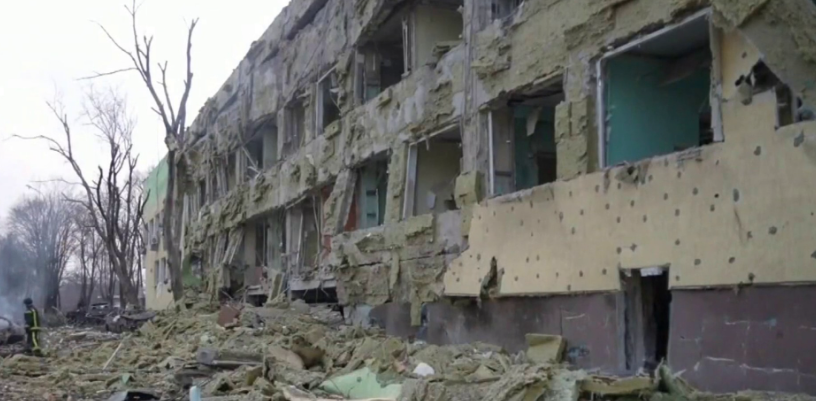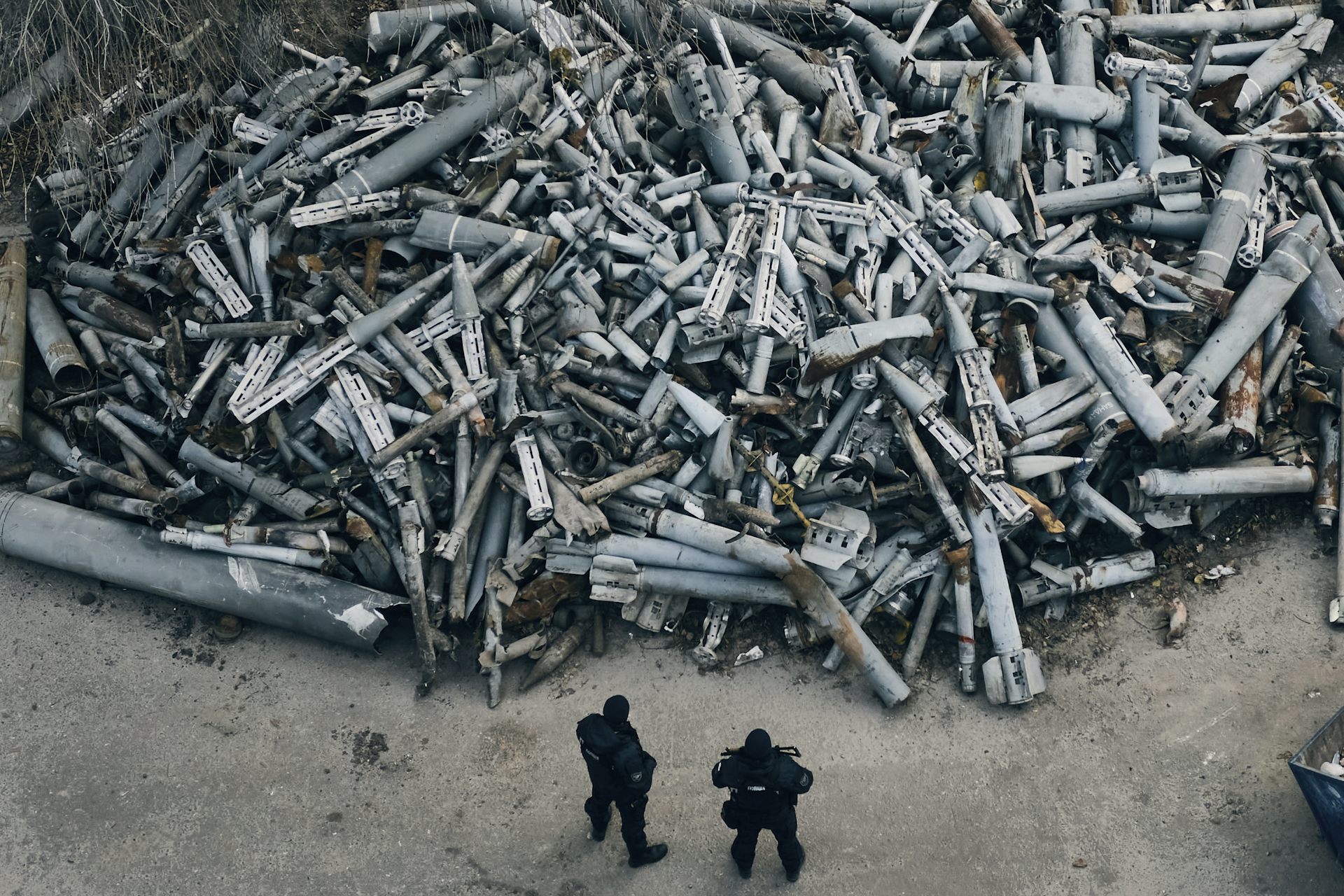In a controversial move, the corrupt Biden administration, embroiled in scandal after scandal, is reportedly preparing to send thousands of cluster munitions to Ukraine, aiming to aid the country’s military in their ongoing war against Russia. This decision comes despite the condemnation of cluster bombs by international law and their outlaw status in over 120 countries. Strikingly, this action comes a year after Jen Psaki, the former White House press secretary, had labeled the usage of such weapons as a potential “war crime”.
Since last December, the White House has been deliberating the notion of providing these contentious weapons to Ukraine. Cluster munitions are notorious for their indiscriminate damage, causing severe injury and loss of life, particularly among civilians. Despite their ban in a majority of countries worldwide, the U.S. and Ukraine remain exceptions.
In the early days of the ongoing war, Psaki, responding to reports of Russia employing cluster munitions, had suggested that such an act could potentially be construed as a war crime. Fast forward to the present, the White House now appears to have reversed its stance. The administration is set to override a law that restricts the transfer of cluster munitions with a failure rate exceeding 1 percent, planning to send munitions with even higher failure rates to Ukraine.

In a climate of high-stakes conflict, Ukrainian supplies of all types of ammunition are depleting. President Volodymyr Zelensky has argued for the use of cluster bombs as a potent means to counter Russian forces entrenched in trenches, blocking Ukrainian counteroffensives to reclaim territory. However, this decision is anticipated to draw intense criticism from U.S. allies, who vehemently oppose the usage of such weapons.
Cluster bombs were heavily used by the Russians during their decade-long invasion of Afghanistan in the 1980s. The U.S., on the other hand, last used cluster bombs in Iraq in 2003, suspending their use thereafter in light of the conflict shifting to denser, urban environments. These weapons have been deployed by the U.S. in every major war since the Korean conflict.
The debate around these munitions centers not just on their lethal efficiency but also on the dangerous ‘dud rate’. This term refers to the proportion of these weapons that fail to detonate, often causing injury or death to unsuspecting civilians who stumble upon them later. Despite the standard ‘dud rate’ being set at 1 percent, this threshold is being superseded to send munitions with a higher likelihood of malfunctioning to Ukraine.
Human Rights Watch’s advocacy director, Mary Wareham, voiced concerns over the rollback of the 1 percent unexploded ordnance standard, noting that it will increase the threat to civilians, including de-miners. Proponents, however, argue that the munitions provided by the U.S. will have a reduced dud rate, mitigating the risk of unintended civilian casualties.

The legality of using cluster bombs doesn’t hinge on the weapon itself, but rather the context of their usage. Indiscriminate attacks targeting civilians constitute a violation of international law, regardless of the weapons employed. Russia and Ukraine have both been accused of using these weapons, leading to repeated instances of civilian casualties and widespread destruction.
In the face of mounting complexities, the decision to send cluster munitions to Ukraine raises severe legal, ethical, and humanitarian concerns. As the war continues, the implications of this decision and its impact on civilian safety remain to be seen.












